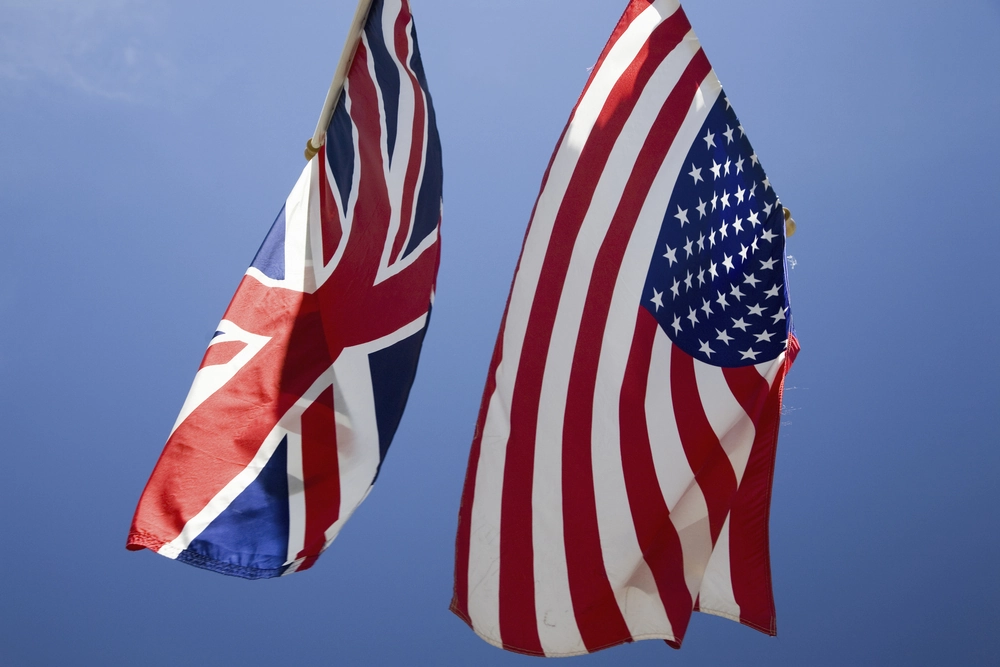
Marex: Supreme Court excludes creditors from the rule against reflective loss
The Supreme Court has narrowed the application of the reflective loss principle.
On 15 July 2020, the Supreme Court handed down its judgment in Sevilleja v Marex Financial Limited [2020] UKSC 31. As Lord Reed put it: the case was one of the most important and difficult to come before the Court in some time.
An indication of how difficult can be gleaned from the 14-month gap between hearing and decision, the diverging views of 7 Supreme Court justices (by a majority 4 to 3) and the outcome: a scrapping of almost 20 years of framing the rule against reflective loss (principally based on LJ Millet's reasoning in Johnson v Gore Wood & Co [2002] 2 AC 1).
In short, the Prudential Assurance Co Ltd v Newman Industries Ltd (No 2) [1982] Ch 204 formulation of the rule has been affirmed and the expansion of its application has been overturned.
The Supreme Court has held that the rule is an aspect of company law and should only operate to prevent a shareholder's claim for diminution in the value of his shares (or distributions) which is the consequence of loss sustained by the company in respect of which the company has a cause of action against the same wrongdoer. The remedy for a shareholder in circumstances where the company does not pursue such action is a derivative action, unfair prejudice applications under s994 of the Companies Act 2006 or, potentially, insolvency mechanisms.
Previously, the rule (with its various exceptions) had been held to also apply to creditors. That is no longer the case.
Context.
The background to the case can be found in our previous article (here).
In essence, after circulation of a draft judgment (in Marex's favour), Marex alleged that Mr Sevilleja had stripped the company of its assets. Accordingly, Marex asserted claims directly against Sevilleja based on the torts of:
- knowingly inducing or procuring the companies to act in wrongful violation of Marex’s rights; and/or
- intentionally causing loss by unlawful means.
The Court of Appeal found that the rule applied to Marex (a creditor) and, as none of the limited exceptions that had been developed applied, it was barred from pursuing claims against Sevilleja.
However, once the rule's application had been recast in its application only to shareholders, the Supreme Court swiftly found it to have no application to Marex, which was free to pursue its claims.
How the Marex decision affects shareholders and creditors.
The consequence of the judgment is that shareholders remain barred from pursuing claims for losses which amount to diminution of the value of their shares or dividends.
That said, the newly narrowed application of the rule does not prohibit a claim by a shareholder (or anyone else) in respect of loss which is not that diminution of value – even if the company has a right of action in respect of substantially the same loss.
However, a shareholder/creditor will still need to establish that they have (a) a direct cause of action against the wrongdoer and (b) a distinct and separate recoverable loss (i.e. aside from the diminution in the value of shares or distributions).
Double recovery will remain an issue that the Court will guard against, but it does not prohibit a claim being pursued. How double recovery will be avoided will depend on the circumstances.
Will the Supreme Court's decision in Marex lead to more claims?
Whilst the decision offers no new ground to bring claims, it does remove a potential barrier that a purported wrongdoer may have previously relied upon.
It limits their opportunity to say: you are not allowed to pursue that claim (because it is in respect of a loss reflective of the company's). The wrongdoer can now only make that point to a shareholder and only then to one who is claiming for diminution in the value of his shares (or distributions) which is the consequence of loss sustained by the company in respect of which the company has a cause of action against the same wrongdoer.
Nevertheless, due to the attention being given to the judgment, the true impact of this decision will be on those freshly enthused to pursue claims (or raise counterclaims/set-off defences) – where they have previously assumed (or been told) that the prohibition on reflective loss prohibits their claim.
Due to the complexity in its application to fact-sensitive situations, one can expect all manner of creditors of companies testing the extent of the wrongdoer's appetite to defend/pursue claims. The creditors most obviously likely to raise these points will be:
- Directors (who have loaned sums to the company)
- Inter-company creditors
- Guarantors
It should be noted that the law of guarantees offered guarantors wide protections and often an ability to inherit claims/defences that the principal debtor had available. So, legally, Marex may not offer significant new volumes of challenges.
The biggest practical risk to the wrongdoer going forward will be to ensure that they are not suffering a duplicity of actions (relating to the same act) and/or minimising the risk of double recovery between parties. Whilst some of this can be solved going forward by case management, multi-party settlements and/or indemnities, these cannot completely eliminate the burden on the wrongdoer.










